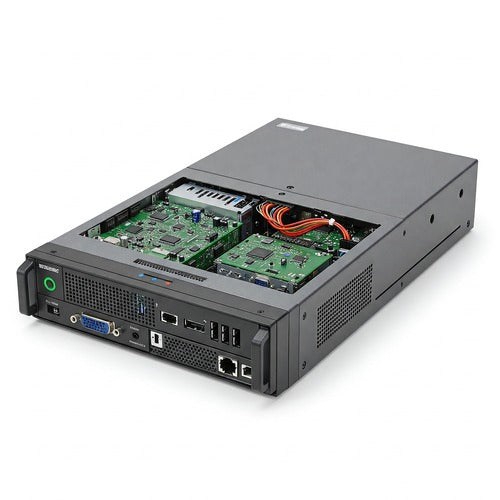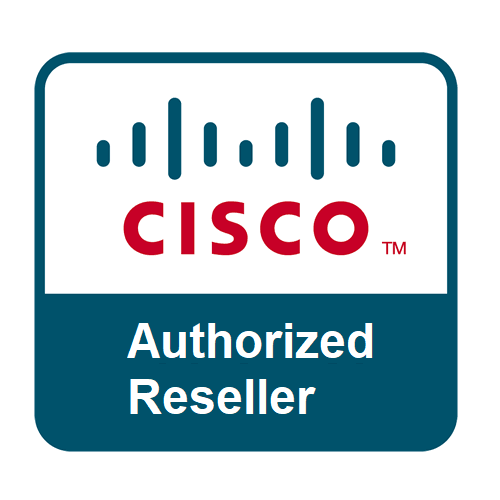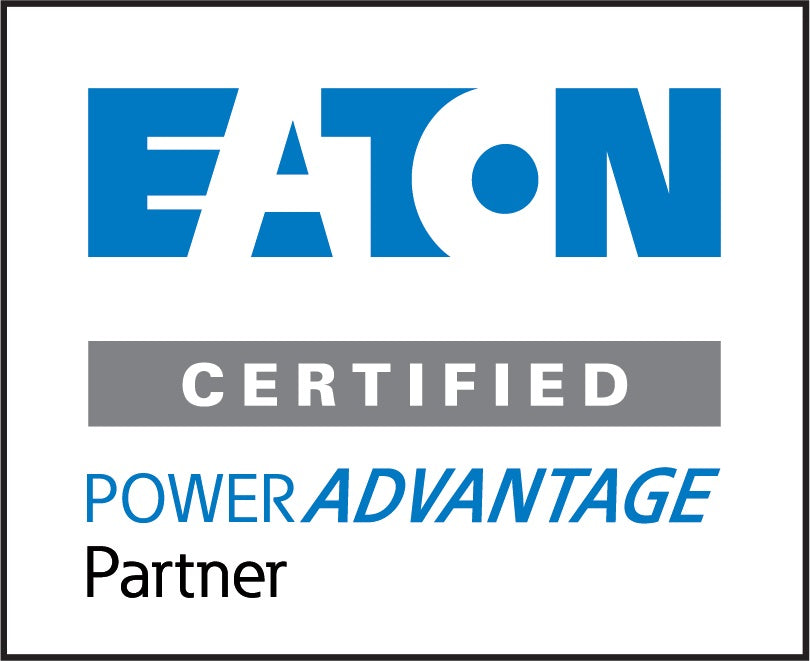Fortifying Your Fortress: What to Look for When Buying a Firewall for Your Business
In today's digital landscape, your business data is akin to gold. Cyber threats are becoming increasingly sophisticated, lurking in the shadows and waiting for a vulnerability to exploit. This is where a robust firewall steps in – your first and often most critical line of defense. But with a plethora of options flooding the market, how do you choose the right one to safeguard your valuable assets?
Investing in the wrong firewall can leave your business exposed, leading to devastating consequences like data breaches, financial losses, and reputational damage. Fear not! This blog post will illuminate the key factors you need to consider when selecting a firewall that truly fits your business needs.
1. Understanding Your Needs: The Foundation of Your Decision
Before diving into technical specifications, take a step back and analyze your unique requirements. Ask yourself:
- What is the size of my business? A small startup will have different needs than a large enterprise with multiple locations. Consider the number of employees, devices, and network segments you need to protect.
- What type of data do I handle? Businesses dealing with sensitive customer information (like financial or health records) will require more stringent security measures and compliance features.
- What are my current security vulnerabilities? Identify any existing weaknesses in your network infrastructure that the firewall needs to address.
- What is my budget? Firewalls range from affordable software solutions to high-end hardware appliances with recurring subscription costs. Determine a realistic budget that aligns with your security priorities.
- What are my future growth plans? Choose a firewall that can scale with your business as it expands.
2. Key Features to Prioritize: The Pillars of Protection
Once you have a clear understanding of your needs, focus on these essential features:
- Packet Filtering: This is the fundamental function of a firewall, examining incoming and outgoing network traffic based on predefined rules (like source/destination IP addresses and ports) and blocking or allowing packets accordingly. Ensure the firewall offers granular control over these rules.
- Stateful Inspection: Unlike basic packet filtering, stateful inspection analyzes the context of network connections. It remembers established sessions and only allows traffic that is part of an ongoing, legitimate communication. This provides a much higher level of security against various attacks.
- Intrusion Prevention System (IPS): An IPS goes beyond simply blocking traffic. It actively monitors network activity for malicious patterns and known attack signatures, taking automated actions to prevent intrusions in real-time. Look for a firewall with a regularly updated signature database.
- Virtual Private Network (VPN) Capabilities: If your employees need to securely access the company network remotely, integrated VPN functionality is crucial. Ensure the firewall supports secure and reliable VPN connections.
- Content Filtering: This feature allows you to control the types of websites and online content users can access from your network. This can help improve productivity, prevent malware downloads, and enforce company policies.
- Application Control: Modern firewalls can identify and control network traffic based on specific applications (e.g., blocking file sharing applications or limiting bandwidth for streaming services). This provides a more granular level of control over network usage.
- Logging and Reporting: A comprehensive logging system is essential for monitoring network activity, identifying security incidents, and troubleshooting issues. Look for a firewall that provides detailed and customizable reports.
- Management and Usability: The firewall's management interface should be intuitive and easy to navigate. Consider the level of technical expertise within your team and choose a solution that aligns with their capabilities. Cloud-based management can offer convenience and centralized control.
3. Performance and Scalability: Planning for the Present and Future
Your firewall shouldn't become a bottleneck for your network. Consider:
- Throughput: This refers to the amount of data the firewall can process per unit of time. Ensure the firewall's throughput meets your current and anticipated network traffic demands.
- Concurrent Connections: This indicates the number of simultaneous network sessions the firewall can handle. A higher number is crucial for businesses with many users and devices.
- Scalability: As your business grows, your network demands will increase. Choose a firewall solution that can be easily upgraded or scaled to accommodate future growth.
4. Vendor Reputation and Support: A Partnership for Security
Don't underestimate the importance of the firewall vendor:
- Reputation and Reliability: Research the vendor's track record and read reviews from other businesses. Choose a reputable vendor known for reliable products and timely security updates.
- Technical Support: In the event of an issue, responsive and knowledgeable technical support is critical. Evaluate the vendor's support options and service level agreements (SLAs).
- Regular Updates: Cybersecurity threats are constantly evolving. Ensure the vendor provides regular firmware and security signature updates to keep your firewall protected against the latest threats.
Securing Your Future Starts Today
Choosing the right firewall for your business is a critical investment in its security and longevity. By carefully considering your specific needs, prioritizing essential features, evaluating performance and scalability, and selecting a reputable vendor, you can fortify your digital fortress and protect your valuable assets from the ever-present threat of cyberattacks. Don't wait until it's too late – take proactive steps today to safeguard your business's future.







